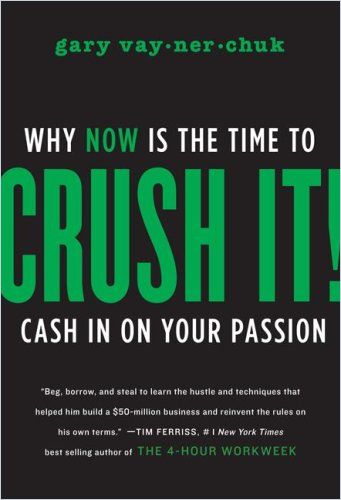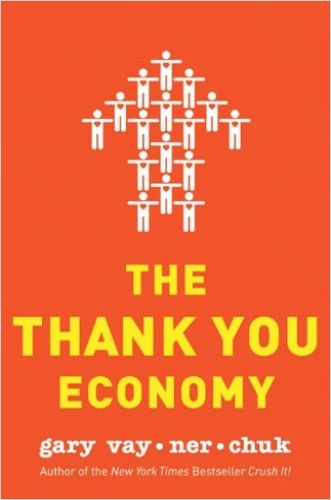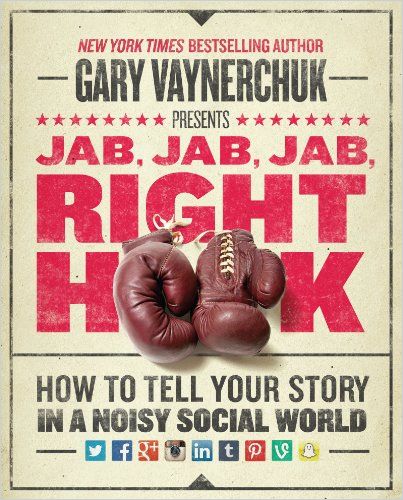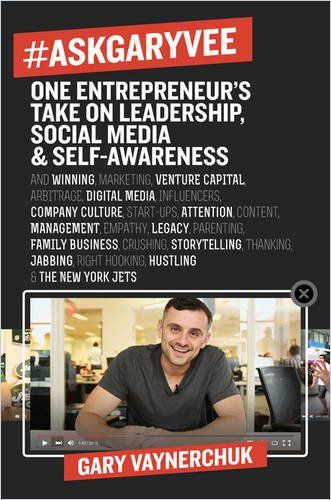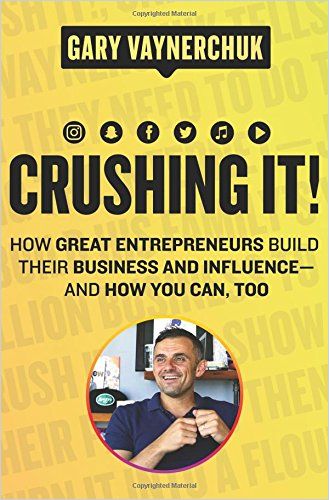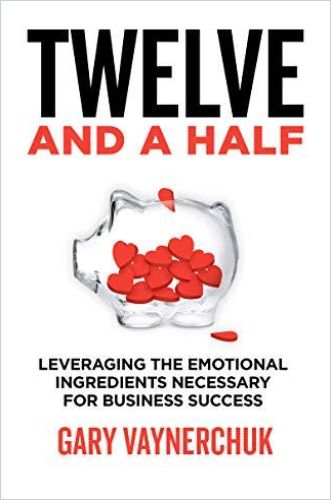Tim Ferriss

Timothy Ferriss is a bestselling author and podcaster. Fast Company featured him as one of its “Most Innovative Business People” and he’s been listed as one of Fortune’s “40 Under 40.” He’s written five New York Times bestsellers, including The 4-Hour Workweek, which has been translated into more than 35 languages, and Tools Of Titans: The Tactics, Routines, and Habits of Billionaires, Icons, and World-Class Performers. He hosts The Tim Ferriss Show, a weekly podcast, which is the first business interview-format podcast to exceed 100 million downloads. It now exceeds 800 million downloads.
1. Tim Ferriss’s Key Findings and Messages
- To improve personal productivity, emphasize processes and habits over goals.
- Overcome fears by facing them in a systematic way.
- With the right approach, you can acquire a reasonable level of mastery over almost any skill in a short amount of time.
2. Why Do They Matter?
Tim Ferriss achieved early success running an online supplements business and as an early-stage investor or advisor in various tech companies such as Meta, Twitter, Nextdoor, Duolingo, TaskRabbit, Shopify and Evernote. He published the bestseller The 4-Hour Workweek in 2007, which focuses on personal productivity habits, maximizing technology and outsourcing tasks to free your own time. He followed it up with additional best sellers: The 4-Hour Body and The 4-Hour Chef. He cultivated a reputation for being someone who can accomplish pretty much anything he sets his mind to.
Ferriss invents his own processes after observing experts and observing himself, measuring his own capabilities and noting his own preferences. He’s consistently shown by example that there are ways to figure out how to teach yourself the skills you want to learn by approaching the matter systematically, if you’re willing to overcome your fears. He exemplifies a learning mindset by being open to experiences and remaining observant without judgment.
3. To Understand Ferriss’s Work, Start Here
In his 4-Hour series, Ferriss emphasizes finding processes and efficiencies to improve personal productivity. In The 4-Hour Workweek, Ferriss outlines his “DEAL” strategy, “Definition, Elimination, Automation and Liberation,” to reach your goals now, rather than years from now. The secret is to design effective processes to support productivity instead of focusing on efficiency and time management.
Read the Journal review:
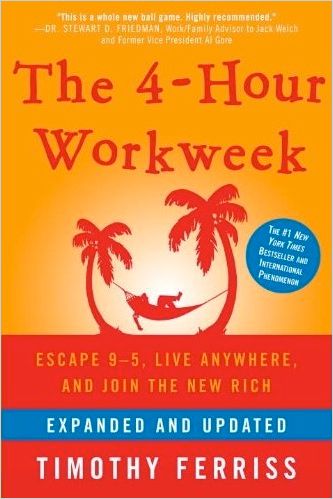
Highlights:
- Define what you want, overcome your fears, then take action to get closer to realizing your dreams.
- Eliminate extra time and work using the Pareto Principle: keep the 20% of your effort that yields 80% of your results.
- Outsource what you can to free up your own time.
- Learn more…
This book is for anyone who is sick of the deferred-life plan and wants to live life large instead of postponing it.
Tim Ferriss
In 4-Hour Body, Ferriss put himself through often grueling tests to see for himself whether lab tests that predict your genetic predisposition for any particular skill – for instance, sprinting – check out in the field. He found they often don’t. He shows you how to leverage the smallest changes for the biggest rewards for a healthier you, as he explains in this Google Talk.
Highlights:
- Your genetic disposition doesn’t necessarily predict your physical capabilities. Training and healthy habits can change the equation.
- When figuring out an approach to skill training, look at what works best for the outliers, not the average practitioner, because that will give you insight into effective hacks and routines.
- Why you want to change your behavior matters more than the method or diet you use.
In Tools of Titans, Ferriss distills the insights he gained in his hundreds of podcast conversations with experts and leaders. In this summary based on the book, Ferriss outlines his personal journey to become a “fearless high-speed learning machine” and the steps he recommends to acquire new skills:
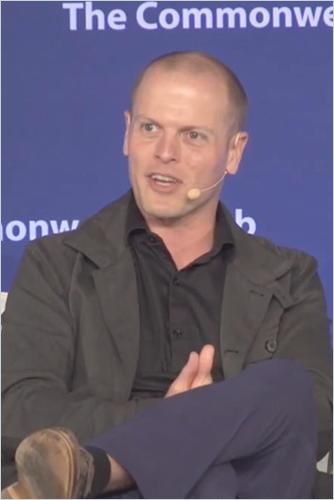
Highlights:
- Divide the skill you want to learn into component parts and devise a systematic plan to learn them based on insights gained from studying experts.
- Consciously challenge yourself to endure hardships that push on your weaknesses so you better understand what you fear and build immunity to it.
- Uplift minor wins and celebrate the small things.
- Learn more…
Not only does…voluntary suffering or hardship inoculate you against future hardship, not only does it make you happier with what you have…, it is also helping you to fear less the worst-case scenario.
Tim Ferriss
4. Practical and Quick Insight
Ferriss’s first TED Talk, “Smash Fear, Learn Anything,” focused on finding approaches to learning, even overcoming long-standing fears, by breaking down the skill you want to master. In his second TED Talk, “Why You Should Define Your Fears Instead of Your Goals,” Ferriss gave viewers a systematic, Stoic-inspired way to face their fears he calls “fear-setting”:
xx
Highlights:
- Define the fears that keep you from taking action by imagining the worst-case scenario.
- List ways to prevent the worst-case scenario from manifesting or ways to lessen its likelihood or impact.
- List ways to repair the impact of your worst-case scenario.
- List the benefits that might come from making the attempt.
- List the “Cost of Inaction.”
5. Evaluate the Details:
Ferriss’s podcasts cover topics ranging from “How To Peel An Egg” to “How to Create a Better Morning Routine.” Here’s a sampling of Ferriss’s productivity tips:
- Use a pocket notebook for notes and reflections. Filter the most important ideas over additional reviews a week later, then at the end of the quarter.
- Creativity expert Julia Cameron developed “morning pages” as a method to clear your mind of lingering anxieties and reduce your worry. Write three long-hand pages daily.
- Use the “5-minute journal” method to focus on setting intentions and affirming your gratitude.
- All these methods work in different ways to sharpen focus and increase execution.
- Find a unique offering rather than jumping into a crowded niche.
- Focus on executing good work in your chosen offering; don’t focus on scaling.
- “Scratch your own itch” rather than trying to please imagined customers.
- Experiment with marketing to find what works, then apply the 80/20 rule. Keep the 20% of your tactics that provide 80% of the results.
- Work hard, but build in times to completely relax.
- Go “narrow and long” building deeper relationships over a long period of time.
- Consider volunteering at an event that will attract people you want to network with, or pay to attend a high-end event.
- Introduce yourself to begin finding the information you’re looking for. Ask others who, given your interests, you should try to meet.
- Find people you connect with in an authentic way for longer-lasting relationships.
- No one has a perfect balance between creativity, productivity and reflection, but there are some things you can do to get closer to it.
- You won’t find the time to cover all these areas, you need to create it by scheduling time to focus on them over different time horizons, weekly and quarterly.
- Batch work during your productive times. For instance, do all your administrative work on one day.
- Ferriss schedules creative times before managing times for better results.
- Schedule time for reflection. If you take a vacation, pre-pay. Then you’re committed to going: it’s on your schedule.
Doing something well, something quickly, does not make it important. You can screw yourself by doing a lot of unimportant things well.
6. Additional Resources by Topic
- Train yourself to focus on what you can control – Tim Ferriss applies the Stoic philosophy of Seneca, Marcus Aurelius, Cato and others to his life. Stoics train themselves to resist over-reacting to their circumstances. Stoicism is helpful for resilience during high-stress situations. Stoics recommend integrating acetic practices into your life, like fasting or exposure to extreme temperatures, so you stop fearing deprivation.
- Learn how to learn anything – In The 4-Hour Chef, which he spoke about at Google Talks, Ferriss doesn’t just teach himself to cook. He learns to hunt, dress wild game and various other tangential skills. It’s a book about rapid learning where he illustrates his points by challenging himself to learn interesting new skills, so his lessons aren’t just theoretical. However, his main focus is on cooking. One benefit of studying cooking, reports Ferriss, is that it heightens all your senses, which transfers to other areas of your life.
- The cure for writer’s block or performance anxiety – Ferriss recommends “lowering your standards” until you make the first effort. If you can’t get started, think about what makes you angry and write about that. Another useful piece of advice he offers in this compilation of his motivational tips is to not only think about what you can learn from people you admire, but also from people you hate.
- Try these creativity prompts – In “17 Questions That Changed My Life,” Ferriss lists the questions he comes back to constantly to jumpstart his creativity.
- Authors who have similar ideas and represent the same values:
Find beauty in the meaningless…Celebrate the small things…If you don’t practice on the little things, you’re never going to be able to do that with the big things. And that’s true in sharing your emotions with people you care about. It’s true with celebrating your wins.
Tim Ferriss
7. Deep Dive: Tools for Reinvention
Find out more about Ferriss’s main topic in our related Journal articles:
If you’re reasonably intelligent and organized, you can become world-class at one or two things per year.
Tim Ferriss
About Our Thought Leader Profiles
Biographies can be found on Wikipedia. What you find here are instant practical insights into the thinking of important contemporaries. With the necessary references to the summaries of their works at getAbstract, of course.

